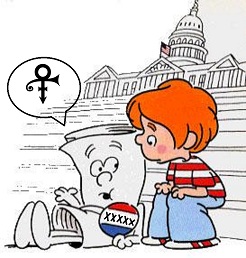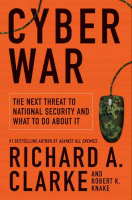Are you a tech policy geek who just can’t get enough Internet policy & cyberlaw books in your life? Alternatively, would you just like to hear two such geeks talk about some of the most important tech policy books out there so you don’t have to read them yourself?!
Either way, you might want to join TLF-alum Tim Lee and me for a book chat over at his blog on Wednesday night at 9:00 pm EST. Tim is experimenting with a new tool that his brother has developed called Envolve, which allows real-time user chat within a website or blog. Pretty cool tool, although I hope my increasingly arthritic fingers don’t fail me while I am trying to post rapid-fire responses to Tim or other participants! [Seriously, I am 41 and my fingers already feel like rusty hinges. Sucks.]
Anyway, if you are interested, join us for the chat and let us know what you think. I’ll be discussing some of my early picks for most important info-tech policy book of 2010 and relating them them to previous choices from 2008 and 2009. I’ll also be placing some of them along my Internet “optimist v. pessimist” spectrum.
As I always say, I read books so you don’t have to! All my reviews are here and here’s my Shelfari bookshelf.



 Following suit,
Following suit, 
 The Technology Liberation Front is the tech policy blog dedicated to keeping politicians' hands off the 'net and everything else related to technology.
The Technology Liberation Front is the tech policy blog dedicated to keeping politicians' hands off the 'net and everything else related to technology.